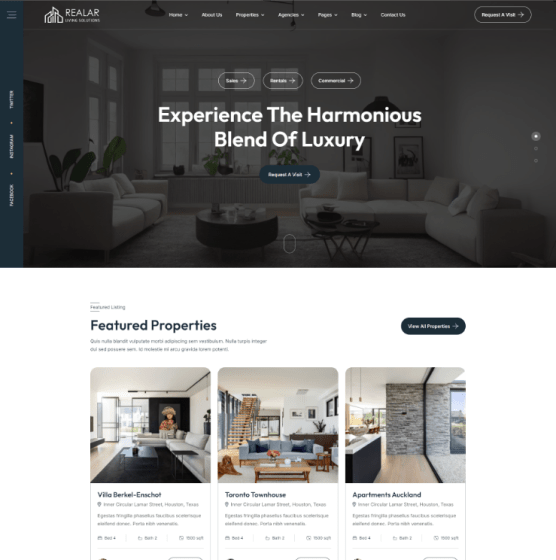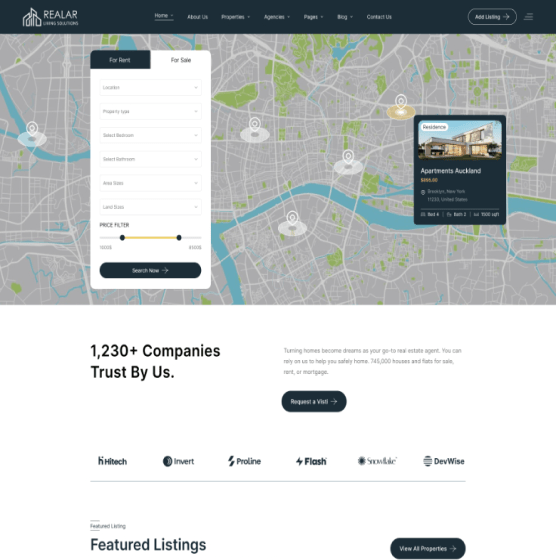The Truth About How to Price Your Property Competitively
When you embark on the journey of selling your home, one of the most crucial steps is determining how to price your property competitively. Today, we’re diving into the essentials of pricing your property without an agent. By understanding the market and applying effective competitive pricing strategies, you can enhance your chances of achieving the best value for your home.
Understanding the Importance of Competitive Pricing
Pricing your property appropriately creates a significant difference in attracting potential buyers. Get this aspect right, and you’ll find yourself receiving more offers and closing faster. Not only does it set the tone for your selling journey, but it also influences the perception of your home’s value. You may wonder why competitive pricing strategies matter.
- First Impressions Matter The listing price is the very first thing buyers notice about your property.
- Attract More Buyers A competitively priced home draws attention, leading to heightened interest.
- Faster Sales Homes priced correctly tend to sell more quickly.
Researching Your Local Market
To implement effective competitive pricing strategies, effective research is essential. Start by examining nearby properties that are similar in size, condition, and location to understand their price points. This information acts as a solid foundation for your own pricing strategy. Here are steps to consider
- Analyze Similar Sales
Look at properties that have sold recently (within the last 3-6 months) and compare those prices. - Observe Active Listings
Keep an eye on current listings to gauge your competition. - Evaluate Market Trends
Understanding whether it’s a seller’s or buyer’s market can significantly impact your pricing strategy.
Utilizing Online Resources
There are various online tools and platforms that offer insights into local real estate trends, property values, and even automated home valuation estimates. Websites like Zillow and Redfin provide properties’ estimates based on extensive data, which can guide you in pricing your property.
Consider the Unique Features of Your Property
Once you’ve gathered competitive data, it’s vital to assess your property’s unique features. Perhaps your property has undergone recent renovations, has a superior location, or boasts exceptional amenities. Each of these factors can heighten your property’s value and should be factored into your competitive pricing
- Evaluate Renovations Upgrades to kitchens and bathrooms often yield a high return on investment.
- Consider Energy Efficiency Features like energy-efficient windows or solar panels can add significant value.
- Aesthetics Matter Curb appeal can make your property stand out, impacting buyers’ perceptions.
Setting the Right Price
Now that you’ve researched the market and considered your property features, it’s time to set a competitive price. Here are a few strategies to consider
Price it Exactly Right
Instead of rounding off prices (e.g., setting it at $300,000), consider methodologies like pricing slightly below a major threshold—like listing at $299,900. This often makes homes more attractive to buyers who filter property prices in their search.
Psychological Pricing
Using psychological pricing techniques can generate interest and quicker offers. Many buyers react better to prices just below whole numbers, thus a strategic approach here can impact your sale positively.
Utilizing Offer Strategies
Another way to generate interest is by pricing strategically to invite offers. This tactic often leads to buyers coming in with competitive bids. To remain relevant and attractive, consider these offer strategies
- Price Low to Attract Attention Setting a starting price low can lead to bidding wars, especially in a desirable area.
- Incentives Matter Sometimes offering incentives, such as covering closing costs, can make your property stand out.
Letting Go of Emotional Attachment
When pricing your property, it’s crucial to detach emotionally from your home. Every seller has personal ties to their property, but keeping sentiments out of the pricing discussion is essential. Here’s how to handle it
- Focus on Data Let your pricing be driven by factual data rather than emotional attachment.
- Be Ready for Feedback Constructive criticism or feedback from potential buyers can be valuable and necessary.
- Stay Open to Adjustments As the market evolves, be flexible in adjusting your price if necessary.
Checking Back After Implementation
After your property is listed, regularly monitor its performance in the market. If the activity stagnates, or if you’re continuously receiving feedback that the price is too high, be prepared to reassess
- Consider Price Reductions Reducing your price after some time can reignite interest.
- Gather Feedback Take feedback seriously. This helps you learn what potential buyers might feel about the property.
Conclusion
In this agentless journey, you have the ability to define your property’s future with proper pricing. Remember, how you price your property impacts everything from the speed of your sale to the final value. By employing the strategies outlined in this guide and keeping in mind the market dynamics, you’re setting yourself up for success.
Feeling empowered? You’re now well-equipped to navigate the world of competitive property pricing!
For more in-depth information on agentless pricing strategies, head over to Agentless Deals today!
‘ Ready to sell? Learn more about agentless deals and pricing strategies at Agentless Deals!










